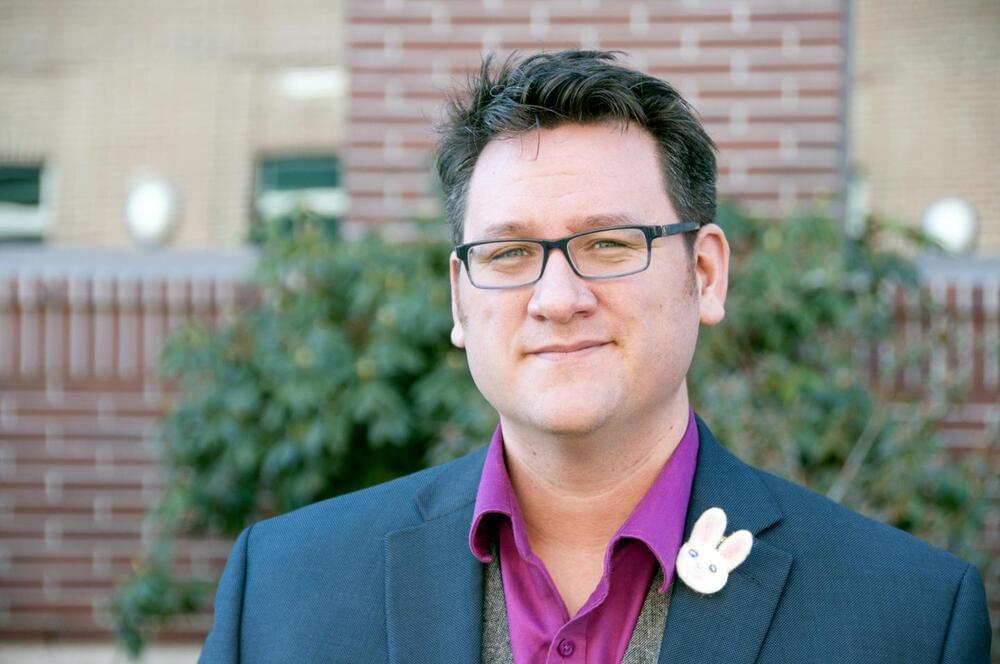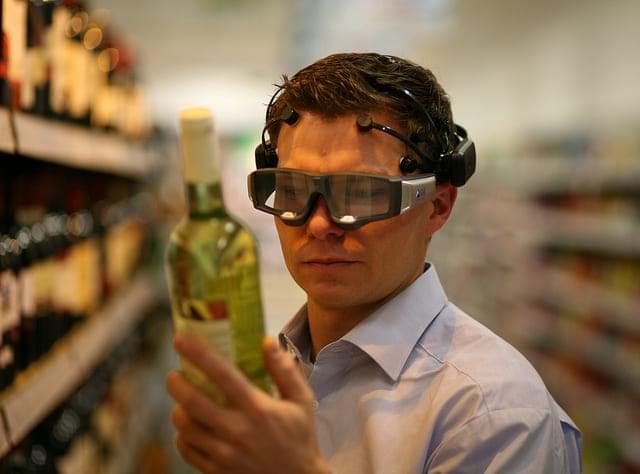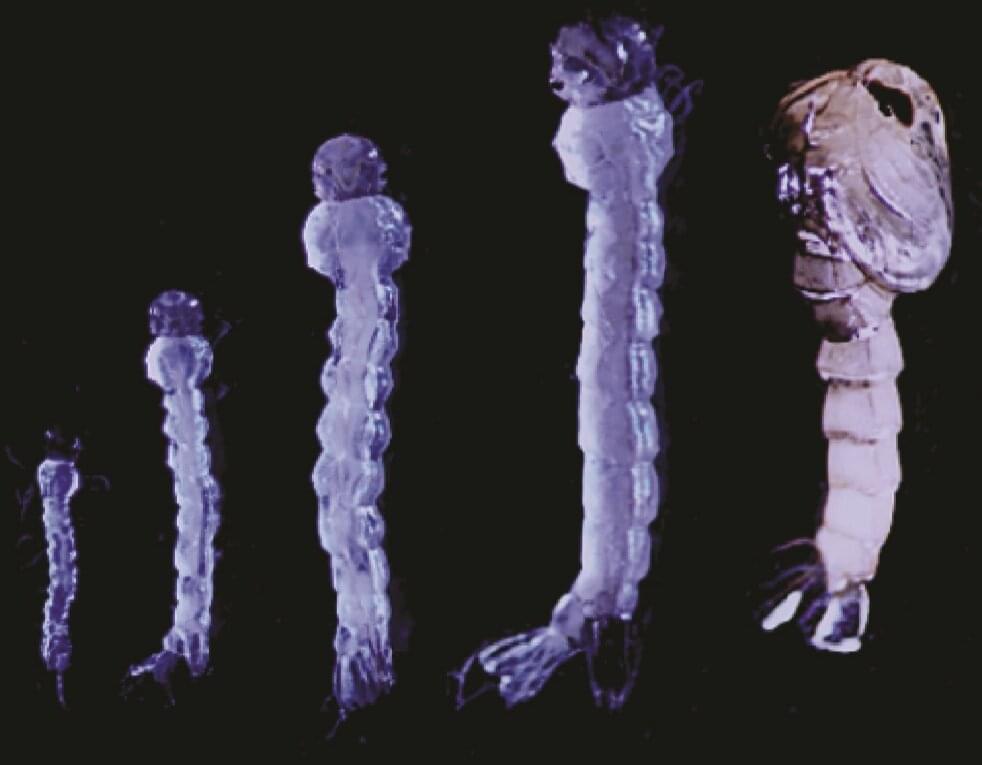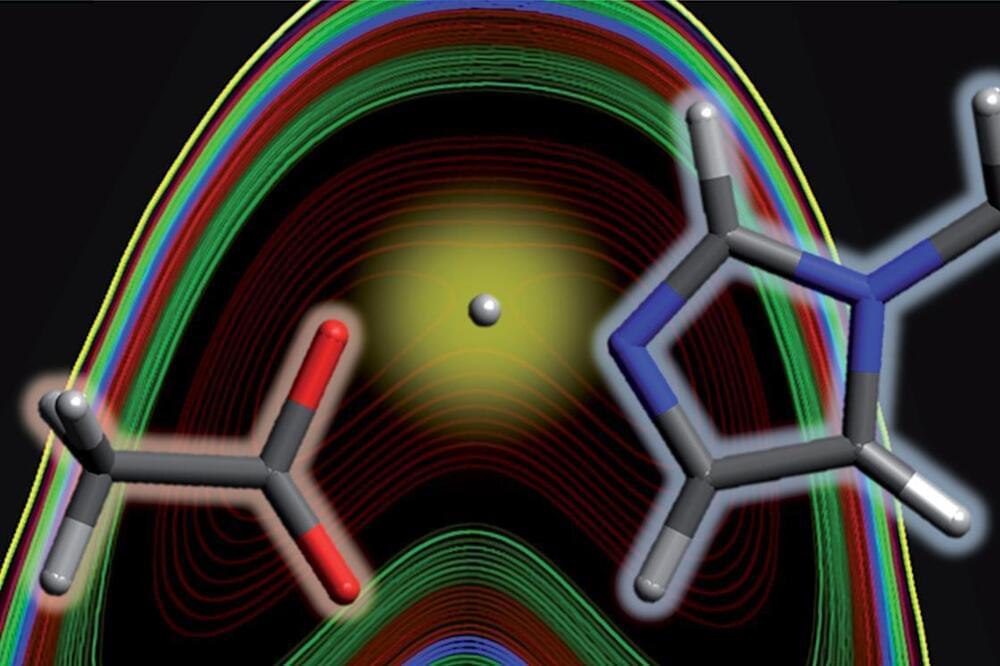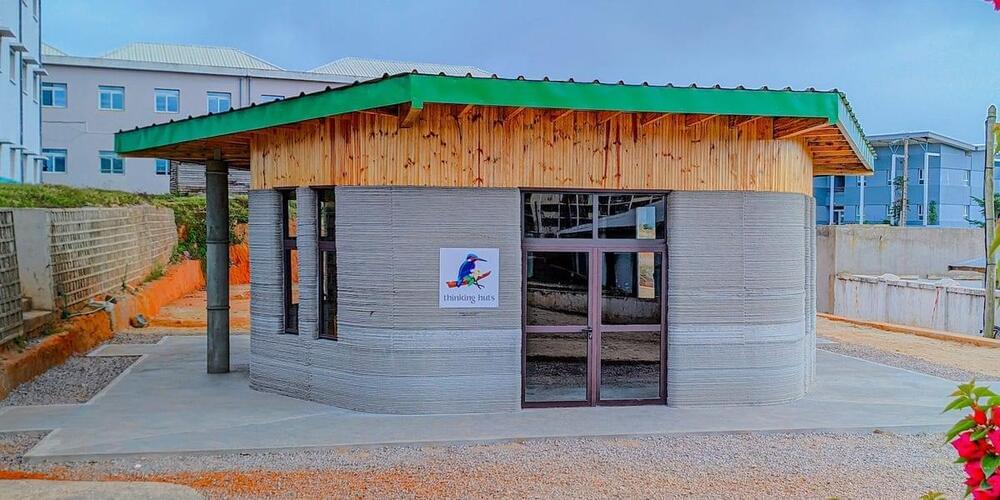The Universe is a vast place, filled with more galaxies than we’ve ever been able to count, even in just the portion we’ve been able to observe. Some 40 years ago, Carl Sagan taught the world that there were hundreds of billions of stars in the Milky Way alone, and perhaps as many as 100 billion galaxies within the observable Universe. Although he never said it in his famous television series, Cosmos, the phrase “billions and billions” has become synonymous with his name, and also with the number of stars we think of as being inherent to each galaxy, as well as the number of galaxies contained within the visible Universe.
But when it comes to the number of galaxies that are actually out there, we’ve learned a number of important facts that have led us to revise that number upwards, and not just by a little bit. Our most detailed observations of the distant Universe, from the Hubble eXtreme Deep Field, gave us an estimate of 170 billion galaxies. A theoretical calculation from a few years ago — the first to account for galaxies too small, faint, and distant to be seen — put the estimate far higher: at 2 trillion. But even that estimate is too low. There ought to be at least 6 trillion, and perhaps more like 20 trillion, galaxies, if we’re ever able to count them all. Here’s how we got there.


